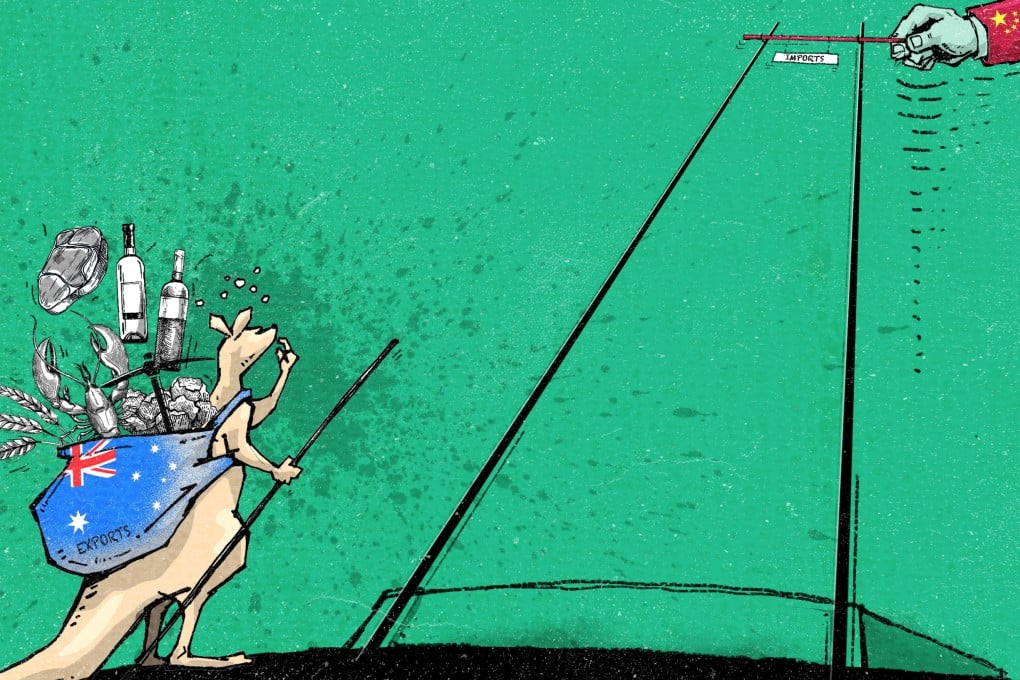China-Australia relations: Canberra’s ‘fear of looking weak’ hints at no relief for exporters
- China has used a variety of trade and bureaucratic tools to bar the likes of Australian barley, beef, wine, lobsters and coal from entering its market since 2020
- Diplomatic relations between the two countries have remained on the rocks since, with Saturday’s election result unlikely to change Canberra’s approach to China

More than two years on, Australian producers are still feeling the lingering impact of China’s one-sided trade war.
“Fear of looking weak on China” is driving Canberra’s policy, and analysts say producers should not expect much of a respite moving forward.
“There’s a need to make clear that threatening Australian exports won’t shift Canberra’s political decision-making,” said James Laurenceson, director at the Australia-China Relations Institute at the University of Technology Sydney.
“After all, with perhaps the sole exception of Lithuania, no other country is experiencing the same degree of trade disruption with China that Australia currently is. Some might conclude from this that Beijing is singling Australia out as a demonstration to others.”
There is fairly widespread annoyance within business, not so much about the political decisions that have been adopted, but the poor diplomacy that accompanied them